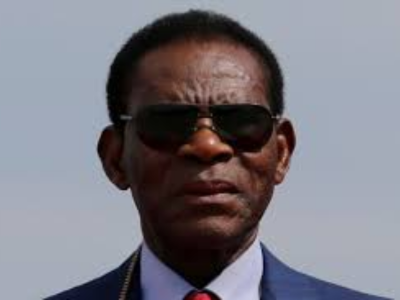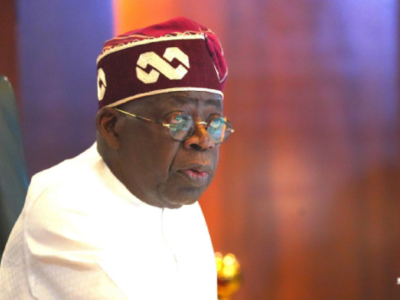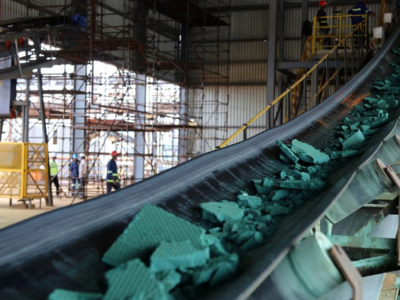Malawi Bans Raw Mineral Exports in $500M Push for Local Processing
- by Editor
- Oct 23, 2025

Credit:
Malawi’s newly elected President Peter Mutharika has announced an immediate ban on the export of unprocessed minerals, a bold policy shift aimed at boosting domestic refining and capturing more value from the country’s vast natural resources.
The move, unveiled Tuesday during the induction of his new cabinet at Sanjika Palace, is projected to generate up to $500 million annually and create thousands of jobs.
“We must stop exporting opportunity and start building industries,” Mutharika declared. “Raw materials have to be processed here.”
The sweeping ban targets key deposits such as the rutile-rich Kasiya site in Lilongwe and the rare earth-laden Kangankunde in Balaka. Malawi, a landlocked nation with significant reserves of uranium, bauxite, graphite, rare earths, coal, and precious stones, has historically exported these resources in raw form, earning minimal royalties despite global commodity booms.
Mines Minister Mary Kachale estimated that local beneficiation could unlock half a billion dollars in annual revenue, a significant boost for a country where 70% of the population lives on less than $2 a day. The policy aligns Malawi with a growing continental trend toward resource nationalism and value addition, echoing efforts in Zambia and Namibia to retain more wealth from mineral exports.
However, experts warn that the ambitious plan faces serious implementation challenges. Malawi’s mining sector, valued at $200 million last year, lacks the infrastructure—such as refineries and reliable power supply—needed to process minerals at scale. Currently, only 10% of the country’s mineral output is refined domestically.
“Without infrastructure, this could drain revenues and inflate corruption,” cautioned Dr. Chikumbutso Manampera, an economist at the University of Malawi. He urged a phased approach and incentives to attract investment in processing facilities.
Regional precedents offer cautionary tales. Zimbabwe’s 2023 ban on lithium exports led to a surge in smuggling, with truckloads intercepted en route to Mozambique. Tanzania’s 2017 gold export restrictions similarly fueled black markets and cost the government over $10 million in enforcement.
Mutharika’s Democratic Progressive Party has framed the ban as a cornerstone of his “results, not rhetoric” agenda, tasking new ministers with delivering on promises of economic transformation. But critics, including the opposition Malawi Congress Party, have dismissed the move as a “smoke screen” for potential cronyism. Industry groups are also seeking clarity on how the ban will affect small-scale and artisanal miners.
As the policy takes effect, the spotlight turns to enforcement and infrastructure readiness. Whether the ban will catalyze a mining-led industrial revival or mirror the pitfalls seen elsewhere in Africa remains to be seen.













0 Comment(s)